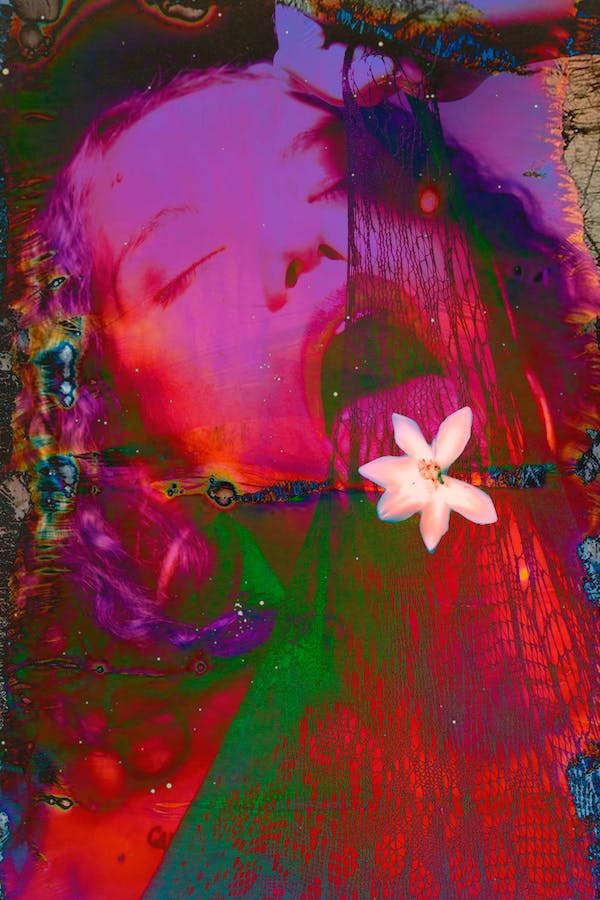 Addiction is a serious topic that has plagued many individuals, leading to poor health, personal stress, and a reduced quality of life. The need for effective treatments has never been more pressing. Until recently, traditional therapies have been the primary form of intervention, but recent studies have shown that arts-based therapies may offer a promising alternative. Studies have found that creating art can help individuals break unhealthy addictions and form healthier lifestyle habits.
Addiction is a serious topic that has plagued many individuals, leading to poor health, personal stress, and a reduced quality of life. The need for effective treatments has never been more pressing. Until recently, traditional therapies have been the primary form of intervention, but recent studies have shown that arts-based therapies may offer a promising alternative. Studies have found that creating art can help individuals break unhealthy addictions and form healthier lifestyle habits.
Art therapy is a therapeutic technique that focuses on utilizing a creative activity to address psychological issues. The aim of art therapy is to provide insight into personal areas of difficulty and enable individuals to make well-informed decisions about their health and wellness. By providing an outlet for creativity and expression, art therapy offers a safe space for people to explore and express their feelings without fear of judgement or ridicule. Studies have shown that this type of therapy can lead to improved mental health and well-being.
The effects of art therapy on addiction are particularly noteworthy. Art therapy encourages an individual to express themselves creatively, to explore what causes their addictions and to think about how they can overcome them. It also allows for the exploration of thoughts and feelings that may have been overlooked or ignored before. For many, this can be a powerful source of motivation and insight into the underlying causes of the addiction.
For individuals struggling with addiction, art therapy provides an opportunity to engage in a supportive, non-judgemental space, in which to explore their addictions and behaviors. It also encourages the development of healthier habits. Through the creative process of art-making, individuals can better understand the triggers of their addiction and create alternative coping strategies.
The art-making process also provides an opportunity to process and express emotions in ways that are constructive and constructive. Studies have shown that regularly engaging in art-making activities can provide individuals with an improved quality of life, help establish healthier coping and managing strategies, and lead to greater levels of self esteem. Additionally, art participation can help individuals build a sense of community and connection to others, which is important for the recovery process.
Overcoming addiction can be a difficult and daunting prospect. Traditionally, treatment plans have focused heavily on cognitive-behavioral and abstinence-based approaches, which can be effective. However, art therapy provides an additional level of support to this process, providing individuals with an outlet to explore their thoughts and feelings while creating tangible results. Evidence from multiple sources suggests that art therapy is capable of providing individuals struggling with addiction with a newfound sense of self-awareness and improved overall well-being.
In conclusion, while addiction is a serious issue and requires extensive treatment, art therapy has emerged as a viable alternative to traditional therapies. Its ability to offer individuals an outlet to express themselves, explore their addictions, and create positive alternatives has made it a preferred tool for treating addiction. Additionally, art therapy provides individuals with a safe space in which to process and express emotions, build community, and increase positive self esteem. All of these factors create an environment conducive to sobriety and a healthier life.